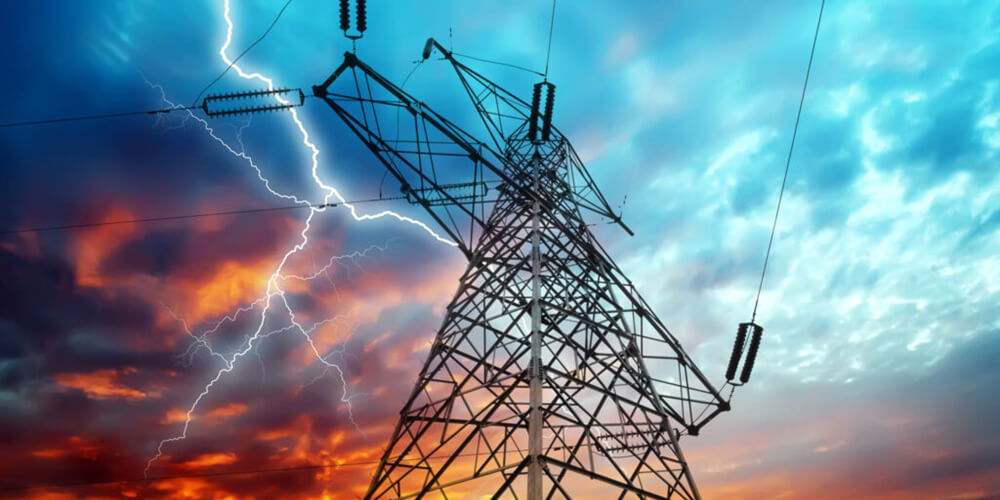I’d like to take a moment to sincerely wish everyone a healthy, happy, and exciting 2021, and to share my thoughts on the year that was and my outlook for the future.
2020 was a momentous year for us all and will not be quickly forgotten, though sometimes we might wish to. The sudden onset of the Covid-19 crisis challenged all nations and sectors to act quickly and decisively to protect health. The virus has been catastrophic for human life and our economies, but it has also resulted in health science progressing at unprecedented speed. This is surely testament to the good we are capable of when we pull together, and the role that science and technology must have in attaining and maintaining quality of life. Already we have seen that the technological breakthroughs made in developing the Covid-19 vaccines will be applied to tackle other health challenges.1
It needn’t take a sudden crisis to force the type of concerted effort we have seen in tackling the pandemic. Humans have the foresight to plan far in advance for the most likely problems we will face. (We all know and love risk registers, don’t we?) This capability makes us resilient and we ignore it at our peril.
The environmental catastrophe that is unfolding before our eyes is much less sudden than Covid-19, but in fact far more dangerous. It could define the state of our planet and the life it supports for a millennium. We all recognise the tendency of people to under-react to significant changes that occur very gradually (the “boiling a frog” metaphor), so we need to leverage the response to Covid-19 as an example and a catalyst to ensure we make the systemic changes needed to mitigate climate change.
Our sector is fortunate to have endured 2020 without significant loss of businesses and employment. This brings with it a responsibility. It is our turn now to apply our foresight and expertise to reducing the impact our sector has, and will continue to have, on the environment. The power sector now accounts for 36% of energy-related emissions across advanced economies (positively, this is down from a high of 42% in 2012)2. The route to a carbon neutral power sector is generally agreed by lawmakers and engineers alike – we must and we will:
- eliminate carbon emissions from fossil fuel power generation;
- transition to non-emitting forms of transport fuels, such as electric vehicles.
- enable a network of local power generation and distribution;
- and maintain stable, interconnected grids that are at least continental in scope.
These goals will not be achieved by limiting ourselves to the same designs and technologies as the last century. The roll-out of new technologies will be critical, and I firmly believe that SMEs like Synaptec have a significant responsibility in the development and introduction of the enabling technologies and products. From our engagement with utilities on every continent, I know that the utilities understand this very well and are taking innovative actions to accelerate their engagement with new technologies. We’re looking forward to working closely with a range of T&D utilities and renewable generators this year, including Red Eléctrica de España, Vattenfall, and SSE Networks to help engineer the way toward a resilient, low-carbon grid as quickly and safely as possible.
In terms of our own responsibility within Synaptec, we are pushing forward photonic instrumentation and control technologies to support the energy transition and tackle the challenges that increasingly decentralised power generation presents.
The decisive response we’ve seen to Covid-19 should create confidence in our ability to develop and implement solutions rapidly and at large scale. We must adapt to tackle climate change, and it is now clearer than ever that we can do just that – so let’s get to work.
With best wishes for the year ahead,
Philip Orr
Managing Director
Synaptec
